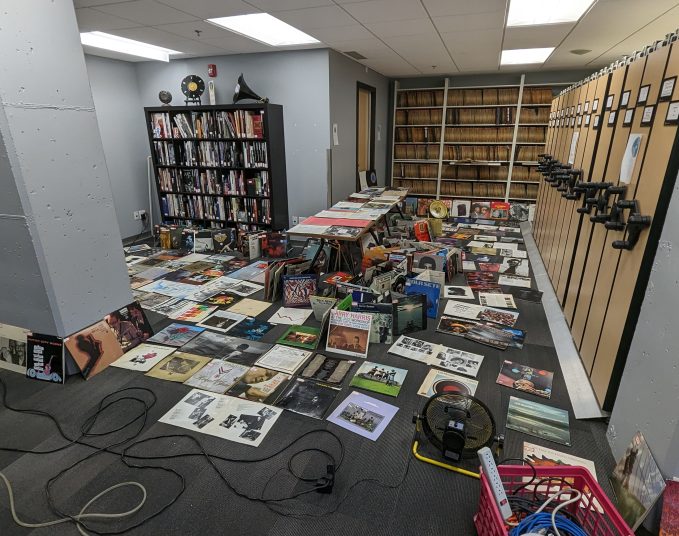At about 2 a.m. on Monday morning, the pumps at EPCOR’s E.L. Smith water treatment plant failed, cutting off water from one of the City’s two main water distribution centres. The result? A mandatory non-essential water use ban on much of the Edmonton Metropolitan Region. Included in that ban was the forced closure of many laundromats and car washes as well as Edmontonians being asked — for the second time in just a month — to do their part to conserve the City’s precious resources.
At the same time all of this was happening, the hot water tank in my rental unit burst, flooding my basement and all but assuring that I would be forced into doing my part to conserve water, too. The damages? A complete re-do of my basement flooring, mould inspections, a new hot water tank and a repair to my furnace (thank God for this freakishly warm weather).
But because I’m a renter, the costs of my basement’s flash flood are passed on to my landlord, who graciously began taking care of the remediation. For businesses affected by EPCOR’s mandate, however, recouping their losses won’t be so simple.
In a press conference held by EPCOR on Jan. 30, Craig Bonneville, director of engineering and technical services, said the utility company has no plans to compensate any of the businesses they’ve asked to close.
“We understand this is a difficult decisions, but EPCOR can’t provide financial compensation due to the unforeseen nature of these events,” Bonneville said.
Instead, Bonneville recommended businesses go through insurance.
“Compensation for business losses are often covered by [a business’s] continuity insurance,” he said
Just go through your insurance and all will be well. Seems pretty straightforward, right? Not always, according to Christine Pratt.
Pratt is a partner with Field Law, a firm that’s area of expertise extends to insurance litigation. Pratt said that in reality, receiving compensation is not as cut-and-dry as EPCOR might make it out to be.
“The truth of the matter is it will depend entirely on the terms of the business’s property insurance policy, and particularly any business interruption coverage they have,” Pratt said, noting that insurance policies of this nature tend to vary greatly from business to business and are dependent on what types of optional coverage a business purchases.
While Pratt said most businesses do have some form of property coverage that includes interruption, it may only apply to specific types of interruption, like fires and floods.
That blind spot doesn’t necessarily fall at the feet of EPCOR, though, as oftentimes, Pratt said, insurance holders aren’t aware of what is and isn’t included in their policies or even what they should be buying.
“The biggest problem is most people don’t read their policies and don’t know exactly what is covered until a loss occurs,” she said. “In some cases, they don’t think about the coverage they might need and so don’t even know to ask for it.”
But losing a week’s worth of income due to a utility company mandated closure is a pretty niché liability to ask for and not the typical type of disaster one might think to have covered. So, as Pratt points out, many businesses could be left high-and-dry when it comes to recovering those costs.
“Without insurance, there’s nowhere to seek reimbursement for the costs of the closure, unless the emergency was caused by someone’s negligence,” she said.
But hey, you can always choose to just stay open, like many of those affected by the purported closures apparently have, and just hope the problem gets fixed before EPCOR turns off the taps.
Savvy AF. Blunt AF. Edmonton AF.




